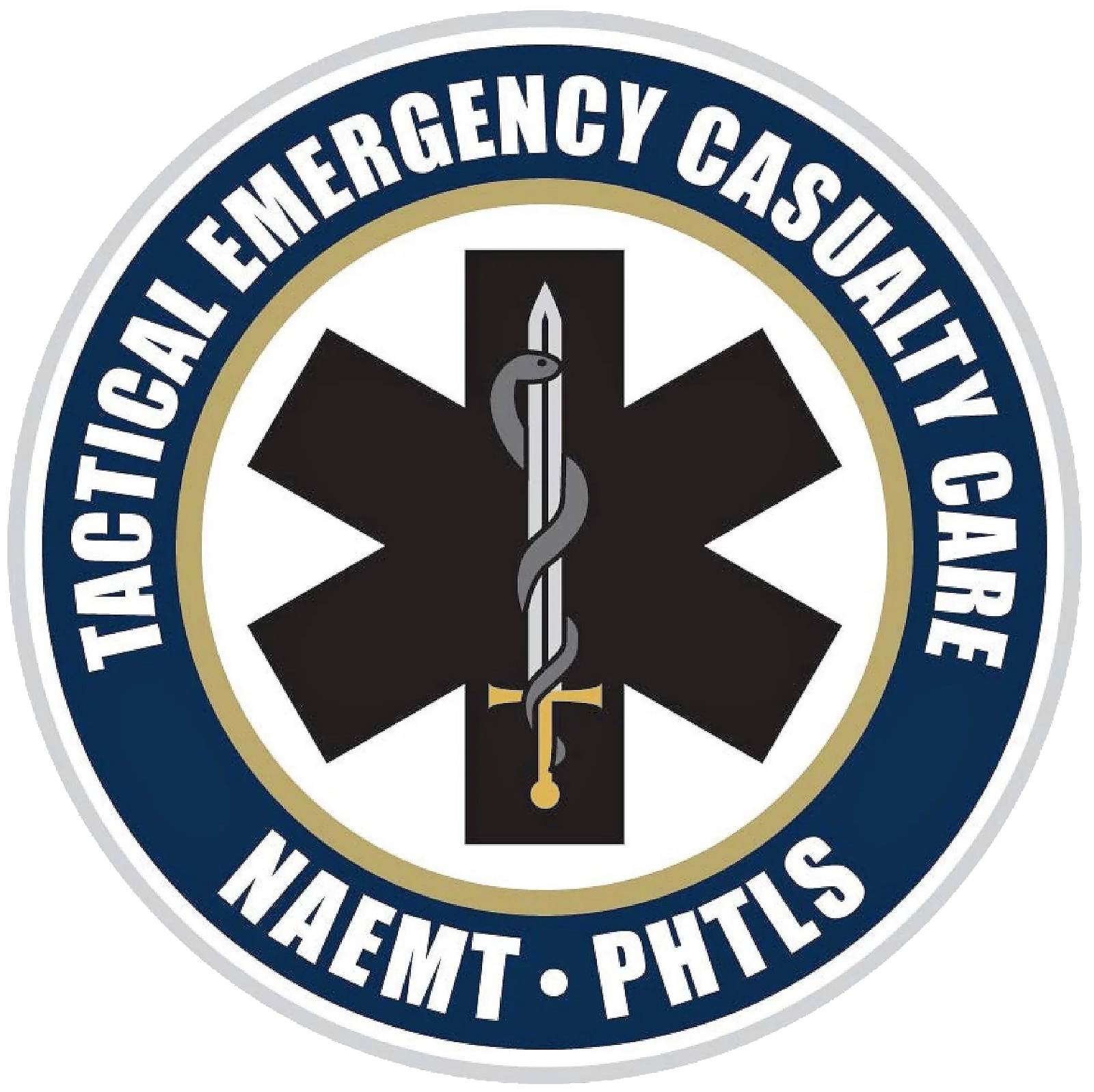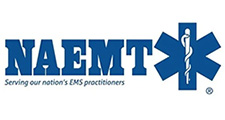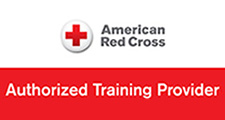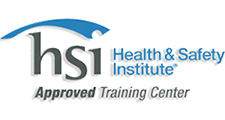- Office Phone:
- (718) 631-3333
- Office Hours:
- Mon - Sat: 9:00 AM to 12:00 PM - Sun: Closed

Who Should Take Tactical Emergency Casualty Care (TECC) Training?
In today's unpredictable world, being prepared for emergencies is not just a professional responsibility but a societal one. Tactical Emergency Casualty Care (TECC) training has emerged as a crucial skill set, offering individuals the knowledge and techniques to respond effectively to traumatic injuries in high-risk environments. But who should consider taking TECC training? Let's explore.
Law Enforcement Officers:
Law enforcement officers often find themselves in high-pressure situations where quick and decisive action is required. TECC training equips them with the skills to provide immediate medical assistance to themselves, their colleagues, or civilians in the line of duty, potentially saving lives in critical moments.
Military Personnel:
Military personnel operate in environments where the risk of traumatic injuries is significantly heightened. TECC training is essential for soldiers to address combat-related injuries promptly, stabilize casualties, and ensure the best possible outcomes in the field.
First Responders:
First responders, including firefighters, paramedics, and emergency medical technicians (EMTs), are frequently the first on the scene of emergencies. TECC training enhances their ability to assess and treat traumatic injuries, particularly in situations where traditional medical care may be delayed or unavailable.
Security Personnel:
Security personnel working in various settings, such as malls, airports, or corporate offices, may encounter situations where immediate medical intervention is necessary. TECC training provides them with the skills to respond effectively to injuries resulting from accidents, violence, or other emergencies.
Search and Rescue Teams:
Search and rescue teams operate in diverse environments, including remote wilderness areas and disaster zones, where access to medical facilities may be limited. TECC training enables these teams to provide critical medical care to individuals who are injured or trapped until they can be evacuated to definitive care.
Emergency Preparedness Volunteers:
In communities prone to natural disasters or mass casualty incidents, emergency preparedness volunteers play a vital role in assisting professional responders. TECC training empowers these volunteers to provide immediate medical aid in crisis situations, augmenting the overall response effort.
Outdoor Enthusiasts:
Individuals who enjoy outdoor activities such as hiking, camping, or rock climbing may find themselves far from medical assistance in case of an accident. TECC training equips outdoor enthusiasts with the skills to manage traumatic injuries effectively until help arrives, potentially saving lives in remote locations.
Workplace Safety Teams:
Many workplaces have safety teams responsible for responding to emergencies on-site. TECC training is invaluable for these teams, as it prepares them to address traumatic injuries resulting from workplace accidents or incidents until professional medical help arrives.
Community Members:
In today's world, emergencies can happen anywhere, at any time. TECC training is beneficial for any community member who wants to be prepared to respond effectively to traumatic injuries in their surroundings, whether at home, at work, or in public spaces.
In conclusion, Tactical Emergency Casualty Care (TECC) training is not limited to specific professions or roles; it is a skill set that can benefit individuals across various sectors and walks of life. Whether you work in law enforcement, the military, healthcare, or simply want to be prepared to respond to emergencies in your community, TECC training equips you with the knowledge and skills to make a difference when it matters most. Investing in TECC training could mean the difference between life and death in critical situations, making it a valuable asset for individuals and communities alike.





